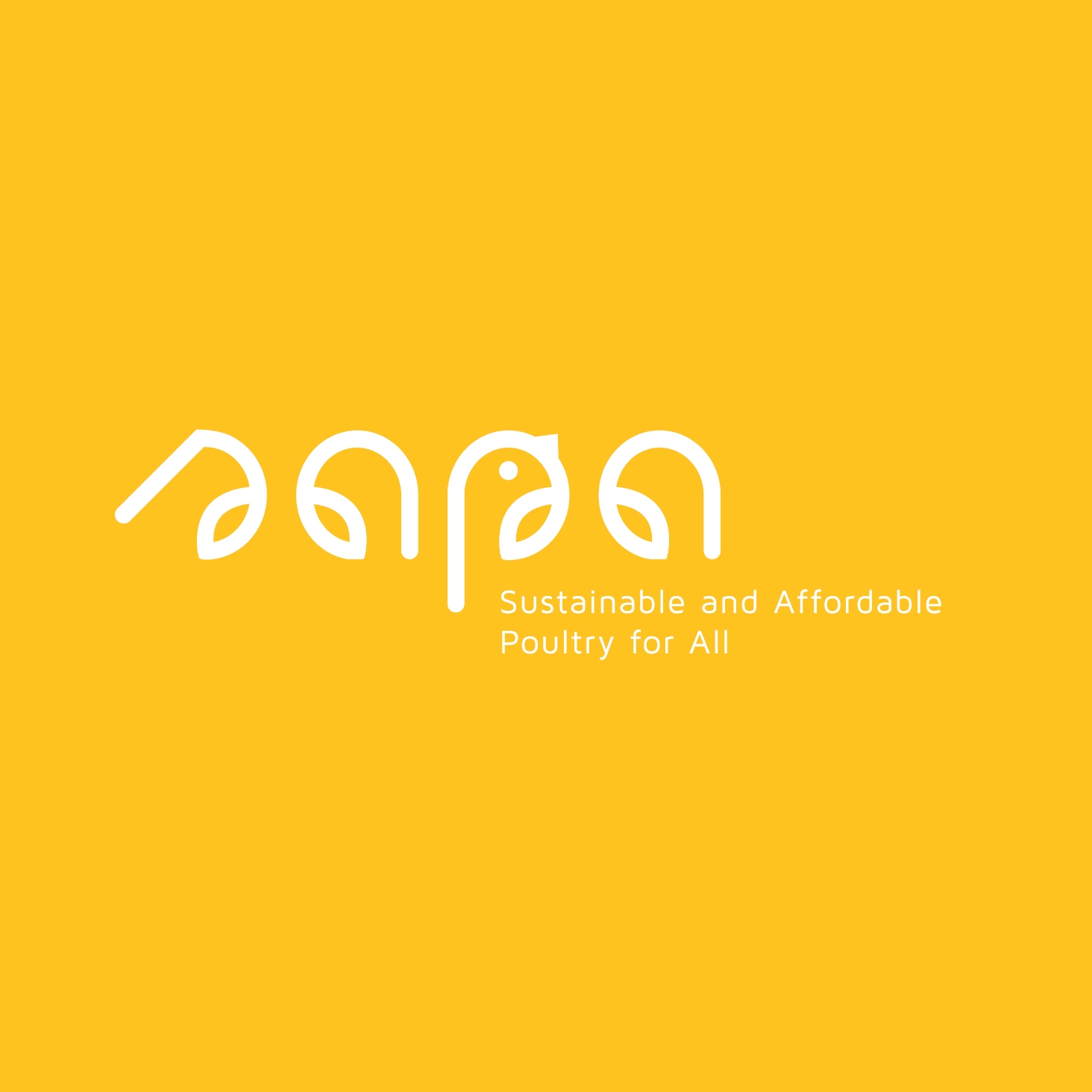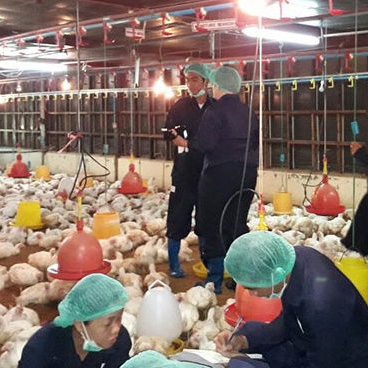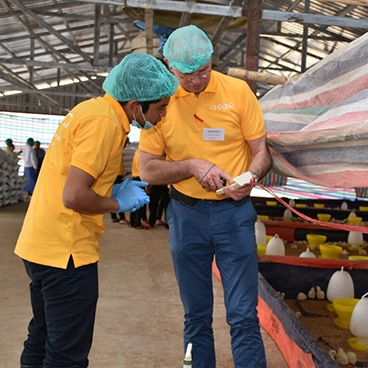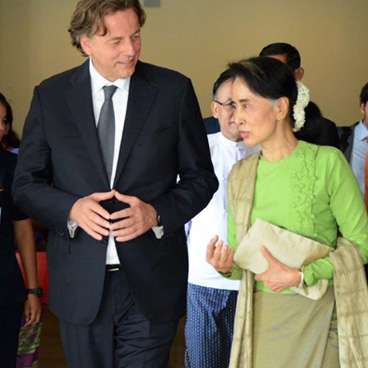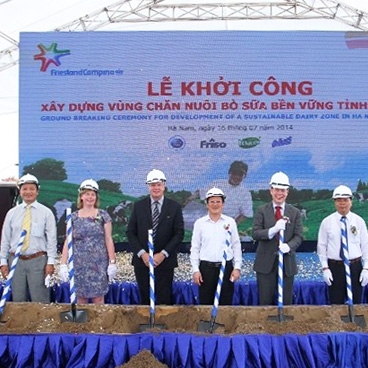A groundbreaking ceremony marked an important milestone and is considered a first encouraging step for the development of sustainable dairy zones in Vietnam, the company said in a press statement.
This project is a partnership between FrieslandCampina, De Heus, Wageningen UR, Friesian Agro Consultancy B.V, Fresh Studio, Ha Nam authorities and the Dutch Government within the Facility for Sustainable Entrepreneurship and Food Security (FDOV) for the 2014-2018 period.
It is expected in the project that by 2018, three dairy zones will be established, with each zone having about 50 dairy farms, to produce at least 7,000 tons of fresh milk per year and create approximately 350 jobs.
After five years of participation in the project, each dairy farm is expected to have a herd of 50 to 80 head of cattle. In addition, the project aims to develop and implement training programs, set up a dairy cattle feed supply chain, and provide financial services for farmers participating in the project.
As the main partner in the project, FrieslandCampina undertakes the roles of management, execution and direct investment, and will establish three specialized dairy zones in Vietnam with two pilot dairy farms in each zone.
The company will help farmers gain access to preferential loans; provide training and supply technical advice for farmers; and develop and establish procurement and control systems to ensure good milk quality as well as the consumption of fresh milk at competitive prices.
The dairy zone in Ha Nam is considered a model of public-private partnership in close collaboration with national and provincial government agencies such as the Ministry of Agriculture, the provincial government of Ha Nam, and Ha Nam’s Department of Agriculture.
FrieslandCampina has been in Vietnam for over 18 years, with more than 1.5 billion high-quality milk units supplied a year and with many favorite brands such as Dutch Lady, Friso, Yomost, and Fristi.
____________________________________________________
Source: www.talkvietnam.com
Publication date: July 2014

